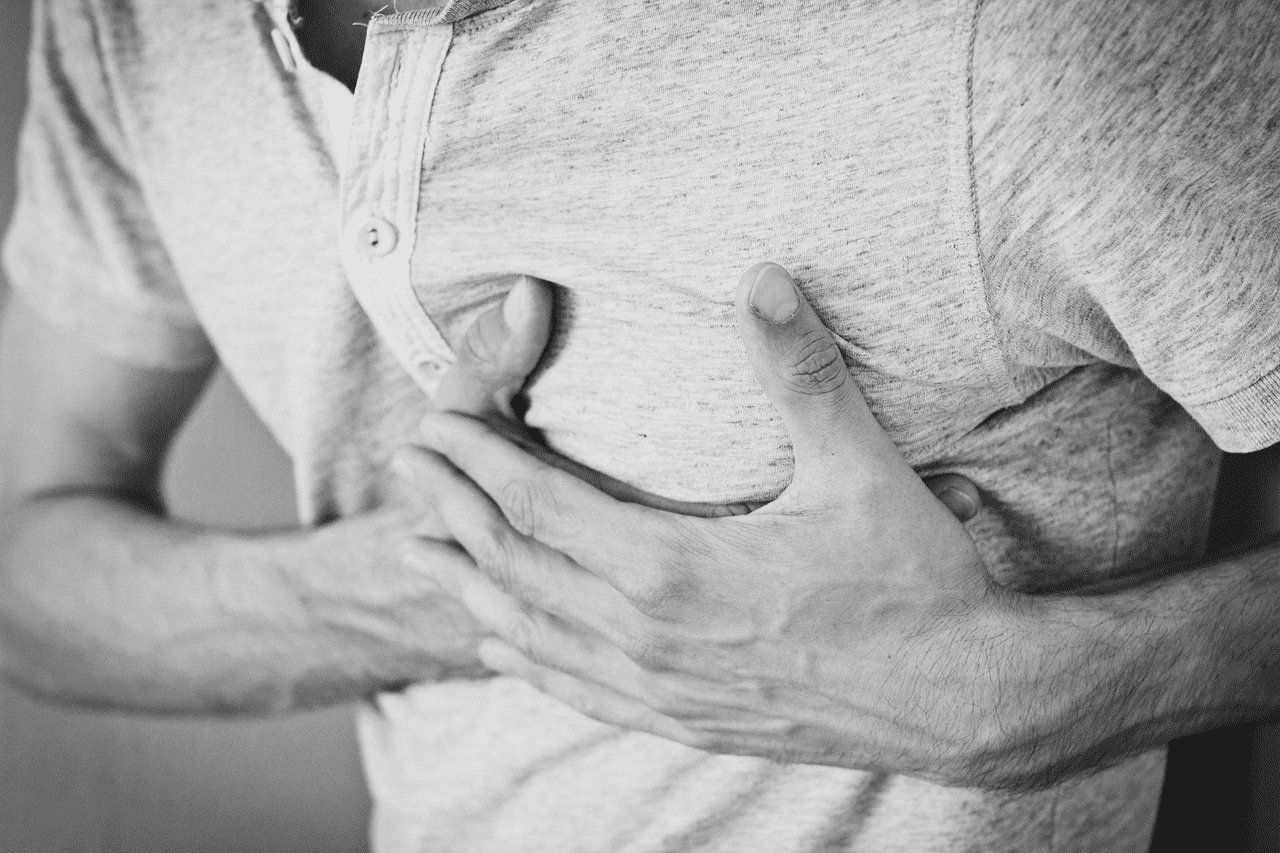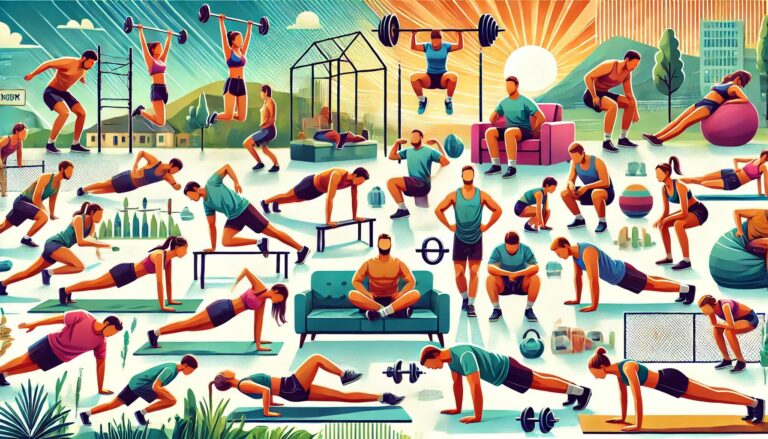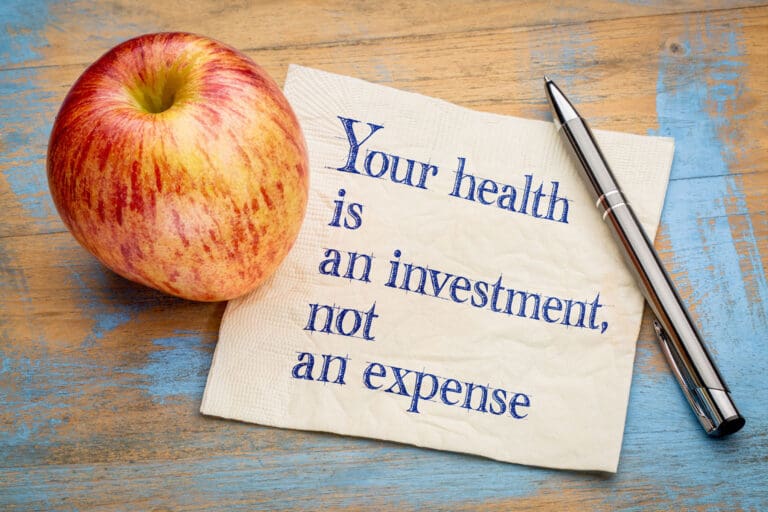February is Heart Health Month and we wanted to take this opportunity to remind everyone of the signs and symptoms of three major cardiac events: heart attack, stroke and cardiac arrest.
HEART ATTACK
Heart disease is the leading cause of death for all adults in the United States. Heart attacks are caused by a blockage that stops blood flow to the heart. A heart attack refers to death of heart muscle tissue due to the loss of blood supply. It’s a “circulation” problem. A heart attack is serious and sometimes fatal.
Most heart attacks cause discomfort in the center of the chest that lasts for more than a few minutes, or that goes away and then comes back. It can feel like uncomfortable pressure, squeezing, fullness or pain.
Symptoms can also include pain or discomfort in one or both arms, the back, neck, jaw or stomach. A person may also experience shortness of breath, with or without chest discomfort.
Other signs may include breaking out in a cold sweat, nausea or lightheadedness.
It’s important to remember that symptoms can vary between men and women. As with men, women’s most common heart attack symptom is chest pain or discomfort. But women are somewhat more likely than men to experience other things, particularly shortness of breath, nausea and/or vomiting and back or jaw pain.
Fact – most heart attacks occur in the morning hours between 6:00am and 12:00pm.
STROKE
One in every six deaths from cardiovascular disease is due to stroke. Spot a stroke F.A.S.T. by looking for the following symptoms:
Face drooping – does one side of the face droop or is it numb. Ask the person to smile.
Arm weakness – is one arm weak or numb? Ask the person to raise both arms. Does one arm drift downward?
Speech difficulty – is speech slurred? Is the person completely unable to speak or hard to understand? Ask the person to repeat a simple sentence. Is the sentence repeated correctly?
If a person shows any of these symptoms, even if the symptoms go away, call 911 and get them to the hospital immediately.
There are a few other stroke symptoms to be aware of including numbness or weakness of the face, arm or leg, especially on one side of the body; confusion or difficulty understanding speech; trouble seeing out of one or both eyes; trouble walking, dizziness, loss of balance or coordination; and severe headache with no known cause.
Fact – About 87% of all strokes are ischemic strokes, in which blood flow to the brain is blocked.
CARDIAC ARREST
The term “heart attack” is often mistakenly used to describe cardiac arrest. While a heart attack may cause cardiac arrest, the two aren’t the same.
Cardiac arrest is caused when the heart’s electrical system malfunctions. The heart stops beating properly. This means that the heart’s pumping function is “arrested” or stopped. During cardiac arrest, a person is completely unresponsive and does not react to tapping on the shoulder and or take a normal breath when you tilt the head up and check for at least 5 seconds. When it comes to sudden cardiac arrest, time is of the essence.
First, ensure the safety of the scene and immediately contact 911. Then, if an AED is available, get it (or have someone in the vicinity get it). The best way to increase the chances of survival for someone who is in cardiac arrest is to perform quality CPR and use an AED.
Fact – cardiac arrest isn’t just a problem of old age; each year, there are over 9,000 cases in children and young people.
CPR/AED training is an invaluable skill to have and may very well save the life of someone you love. If you’ve never had CPR training, or haven’t had it in a long time, we strongly encourage you to visit the service desk and inquire about signing up for a training at Cornerstone. We offer American Red Cross certified CPR/AED/First Aid training throughout the year at both our Doylestown and New Hope locations.



